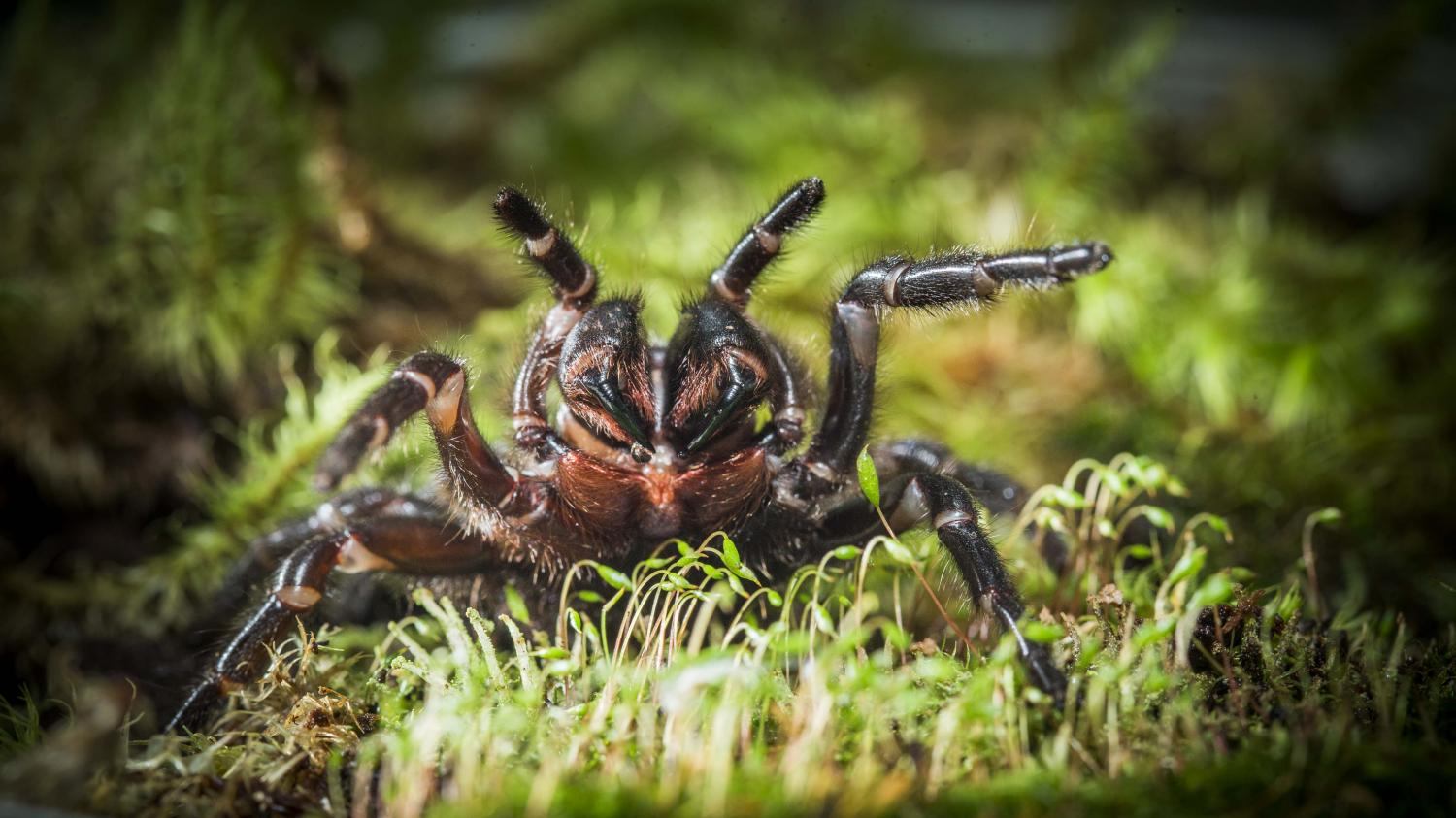
GM fungus rapidly kills 99 percent of malaria mosquitoes
Trials, which took place in Burkina Faso, showed mosquito populations collapsed by 99% within 45 days.
The disease, which is spread when female mosquitoes drink blood, kills more than 400,000 people per year.
Worldwide, there are about 219 million cases of malaria each year.
Researchers first identified a fungus called Metarhizium pingshaense
which naturally infects the Anopheles mosquitoes that spread malaria.
The next stage was to enhance the fungus. They turned to a toxin found in the venom of a species of funnel-web spider in Australia.
The genetic instructions for making the toxin were added to the fungus's own genetic code so it would start making the toxin once it was inside a mosquito.
"A spider uses its fangs to pierce the skin of insects and inject toxins, we replaced the fangs of spider with Metarhizium," Prof St Leger explained.
Laboratory tests showed the genetically modified fungus could kill quicker, and that it took fewer fungal spores to do the job. The next step was to test the fungus in as close to real-world conditions as possible.
A 6,500-sq-ft fake village surrounded by a double layer of mosquito netting to prevent anything escaping.
The researchers started the experiments with 1,500 mosquitoes.
The results, showed numbers soared when the insects were left alone. But when the spider-toxin fungus was used, there were just 13 mosquitoes left after 45 days. Tests also showed the fungus was specific to these mosquitoes and did not affect other insects such as bees.
"The prospects for controlling mosquitoes using this modified fungus are high.
"Proportionate bio-safety regulations are needed to ensure that the viability of this and other approaches for vector [mosquito] control using genetic methods are not lost through overly zealous restrictions."
Dr Nolan, added: "These results are encouraging.
"We need new and complementary tools to augment existing control methods, which are being affected by the development of insecticide-resistance."
 English
English Arabic
Arabic


